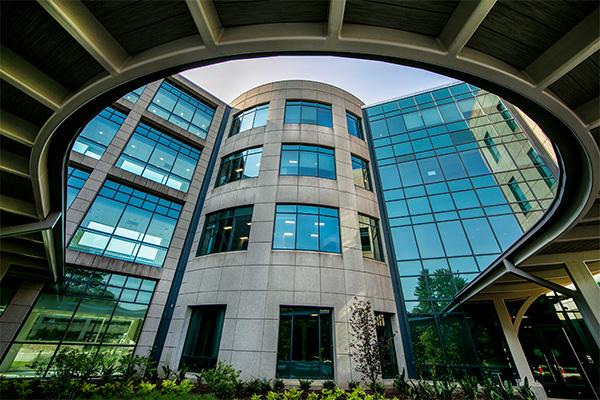
The Duke Human Vaccine Institute has received a federal contract to manufacture a pan-coronavirus vaccine candidate that can be tested in a phase 1 clinical trial.
Awarded by the National Institute of Allergy and Infectious Diseases (NIAID), part of the National Institutes of Health (NIH), the base period of the contract provides $11.2 million to support the program; additional provisions in the contract could increase the total funding up to $21.5 million if all option periods are exercised.
Over the last 20 years, three different coronaviruses have caused major outbreaks, including SARS-CoV-2, the virus that causes COVID-19. There are currently no approved vaccines capable of providing immunity to a wide array of coronaviruses, including those that could cause future pandemics.
Within months of the COVID-19 pandemic’s spread in 2020, Duke developed a pan-coronavirus vaccine. The DHVI published results in May 2021 and October 2022 showing proof-of-concept in preclinical studies for this potential three-dose vaccine.
Under the new NIH contract, the vaccine candidate will be manufactured and tested in humans to determine its safety and whether it generates protective antibodies against multiple coronaviruses, including SARS-CoV-2 and other coronaviruses.
A vaccine that can prevent infections by viruses related to SARS-CoV-2 would be an impactful first step towards preventing all life-threatening coronavirus human infections.
“This contract enables the first clinical evaluation of a coronavirus vaccine developed here at Duke,” said Kevin O. Saunders, Ph.D., principal investigator of the new NIH contract and director of research at the DHVI.
“With the potential for future coronavirus outbreaks to occur and the COVID-19 pandemic continuing to present a public health challenge, we are excited to expand our translational science program to include coronavirus vaccine development and clinical trials,” Saunders said.
“The vaccine being produced in this contract was the first broadly reactive coronavirus vaccine reported,” said Barton Haynes, M.D., director of the DHVI. “The antibodies induced by this vaccine neutralize all current SARS-CoV-2 variants of concern. Our hope is to move this vaccine into the clinic in 2023.”
This project has been funded in whole or in part with federal funds from the National Institute of Allergy and Infectious Diseases, National Institutes of Health, Department of Health and Human Services, under contract No. 75N93022C00055.